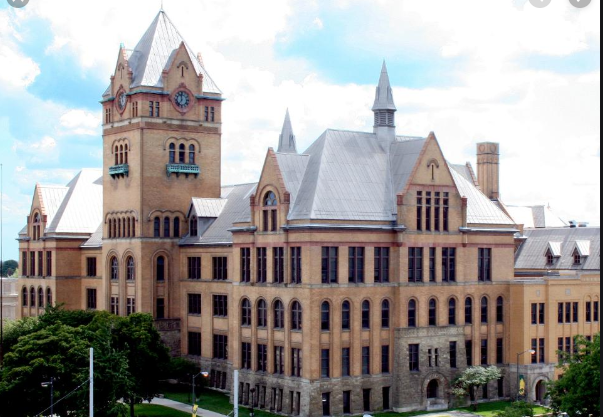Access to higher education is one of the key drivers of economic mobility, particularly in a city like Detroit where poverty rates, according to the University of Michigan, are “nearly three times higher than the national average” at close to 35%. While Detroit has a very high high school graduation rate — over 88% — this falls off substantially when it comes to higher education. Only 28% make it through a 4-year degree, and 11% through a graduate or professional degree program. Wayne State University, an institution that serves close to 18,000 undergraduate students each year, is looking to fix this — having taken the highly unusual step for a public institution of making tuition free for any high school graduate with a Detroit address who receives admission, starting in 2020.
While at the lower levels it’s been largely shown that education is just one of many, many social determinants that affect income inequality — others including access to healthy food and health care, the presence of living wage and union jobs, etc — a college education has been shown to have dramatic results on economic outcomes. For instance, a joint report between the Department of Treasury and Department of Education found that college graduates received a median 64% weekly income boost. And with roughly 75% of college students attending public universities, public schools like Wayne State are critical doorways for young people to broaden their economic opportunities.
I sat down with Dr. Keith Whitfield of Wayne State, Provost and Sr. Vice President for Academic Affairs to learn more about this historic announcement and its economic impacts. His job is essentially to take care of students — and that’s why he was one of the driving forces spearheading this change, which took time, care, and planning across the entire university administration.
For article, click below:
Source: Detroiters Just Got Free College Thanks to Wayne State


